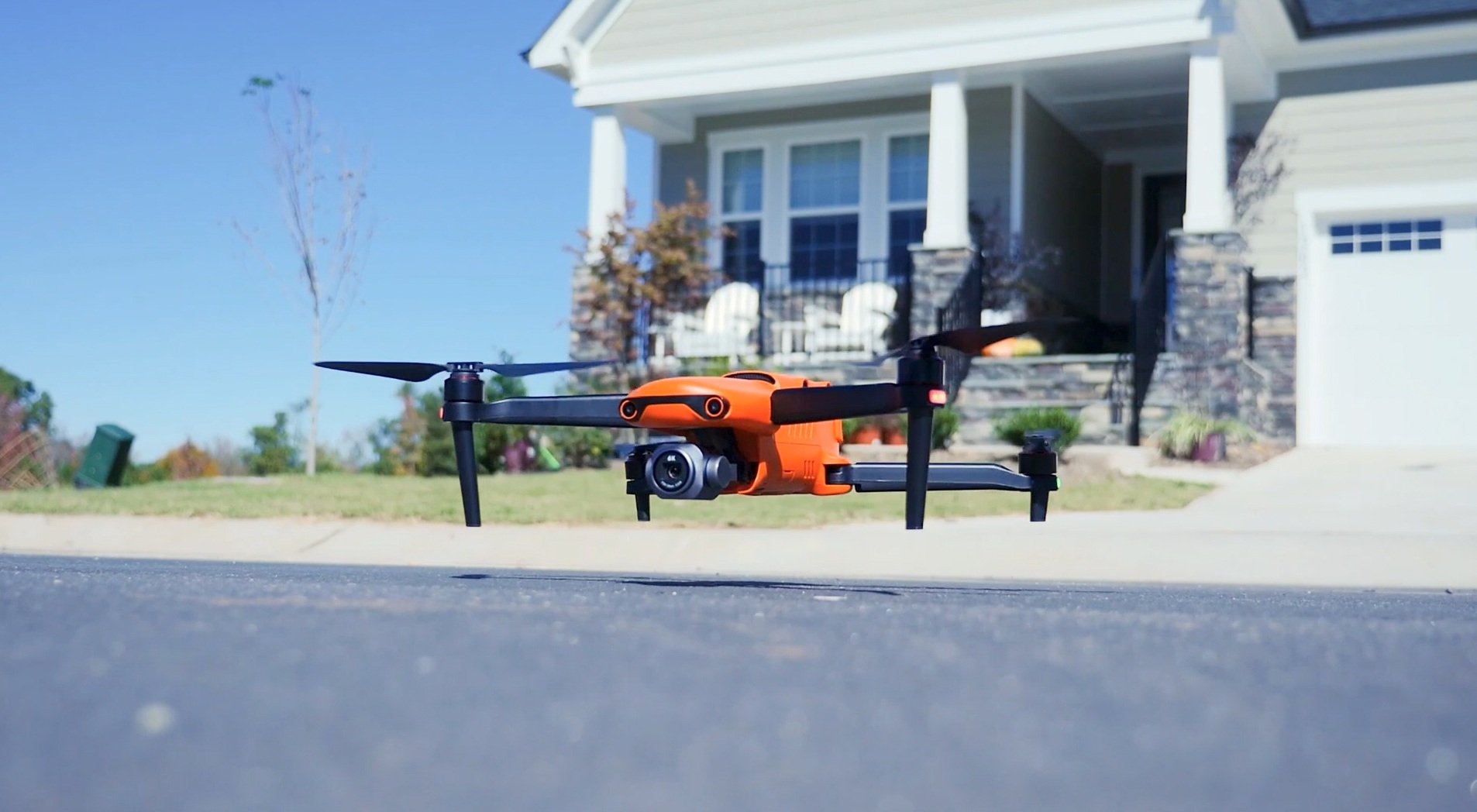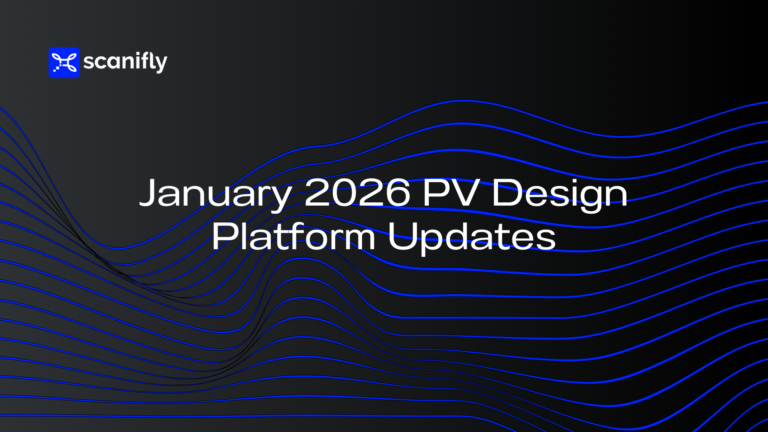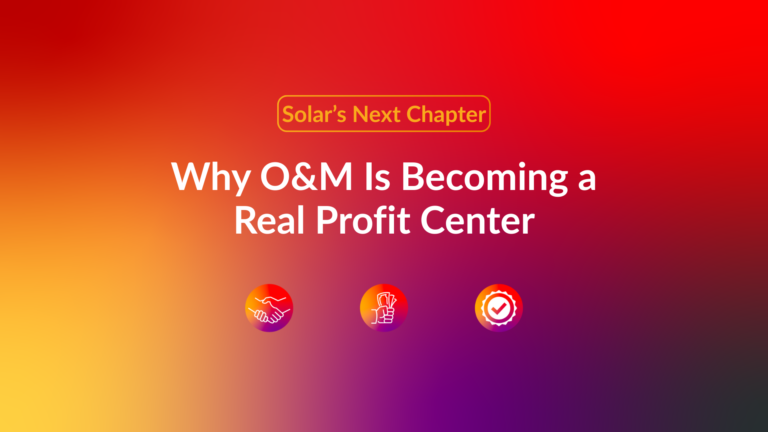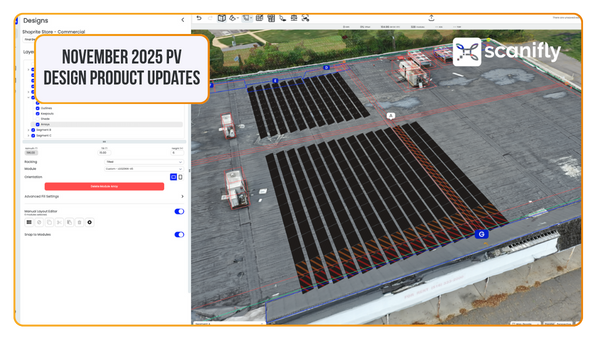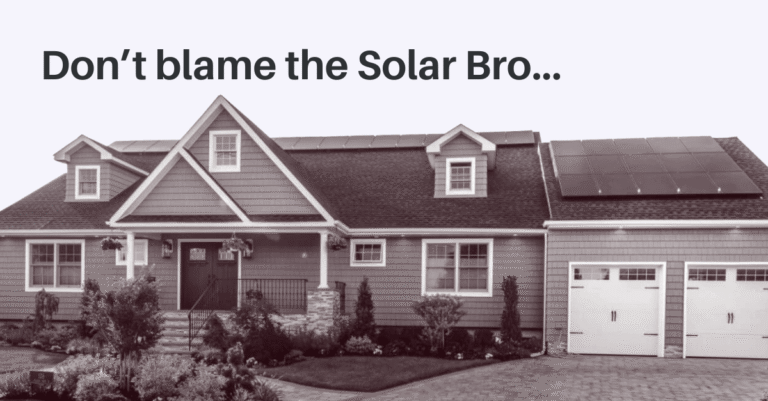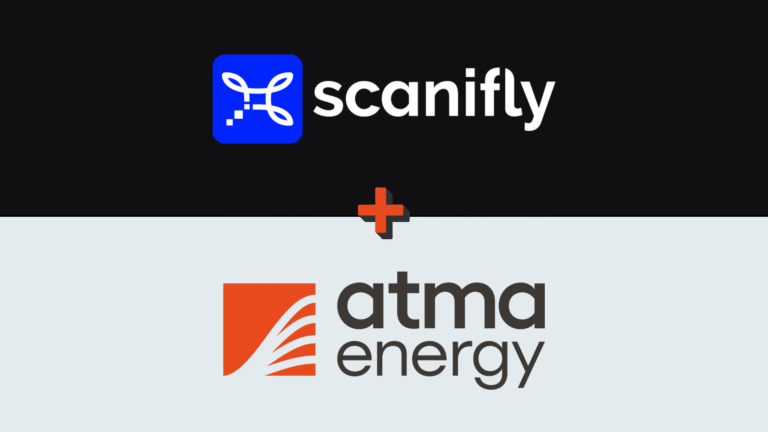Drones crash into buildings sometimes. Or trees. The drone is damaged. The building is damaged. A tree branch falls on a car. Someone has to pay.
Moments like these call for drone insurance.
Buying a policy is relatively easy—thankfully—but first, you need to know what kind of coverage you’re looking for. When you use drones for solar surveying and design, it’s a different insurance conversation than using drones for personal enjoyment.
Why solar contractors need drone insurance
Accidents are expensive.
There are always risks to flying a drone, even with pilot experience and obstacle avoidance features. You could have a fly-away, accidentally hit something, or the software could malfunction mid-flight. While drones have evolved to the point where these are unlikely scenarios, they can happen. And when they do, they can cause a lot of costly damage.
From a business perspective, insurance is also increasingly becoming table stakes. Customers want to know they are protected if something happens and commercial clients are requiring insurance as part of their RFP process.
While some issues may be covered under a general business liability insurance policy, it’s a good idea to consider a drone-specific policy so you’re guaranteed protection for your use case. It’s possible that general business liability insurance might deem drone accidents as out of scope for the policy, leaving you in the lurch.
Types of drone insurance you can buy
There are two types of drone insurance that apply for solar surveying use cases:
1. Drone protection plans: This protects the drone itself if anything happens and is offered either by the drone manufacturer or through third-party vendors.
2. Liability insurance: This covers damage to other items or property caused by a drone accident, but does not cover the drone itself. This is exclusively offered through third-party insurance brokers, though not all carry drone-specific policies.
Here are some insurance providers that have drone-specific policies:
-
SkyWatch.Ai, which carries policies for independent pilots.
-
Verifly (under the Thimble umbrella), which has policies for businesses of all kinds.
-
BWI Fly, which has policies for both manned and unmanned drone flights.
-
United States Aircraft Insurance Group, which has liability policies and also has drone damage protection policies.
How much insurance do drone operators need in solar?
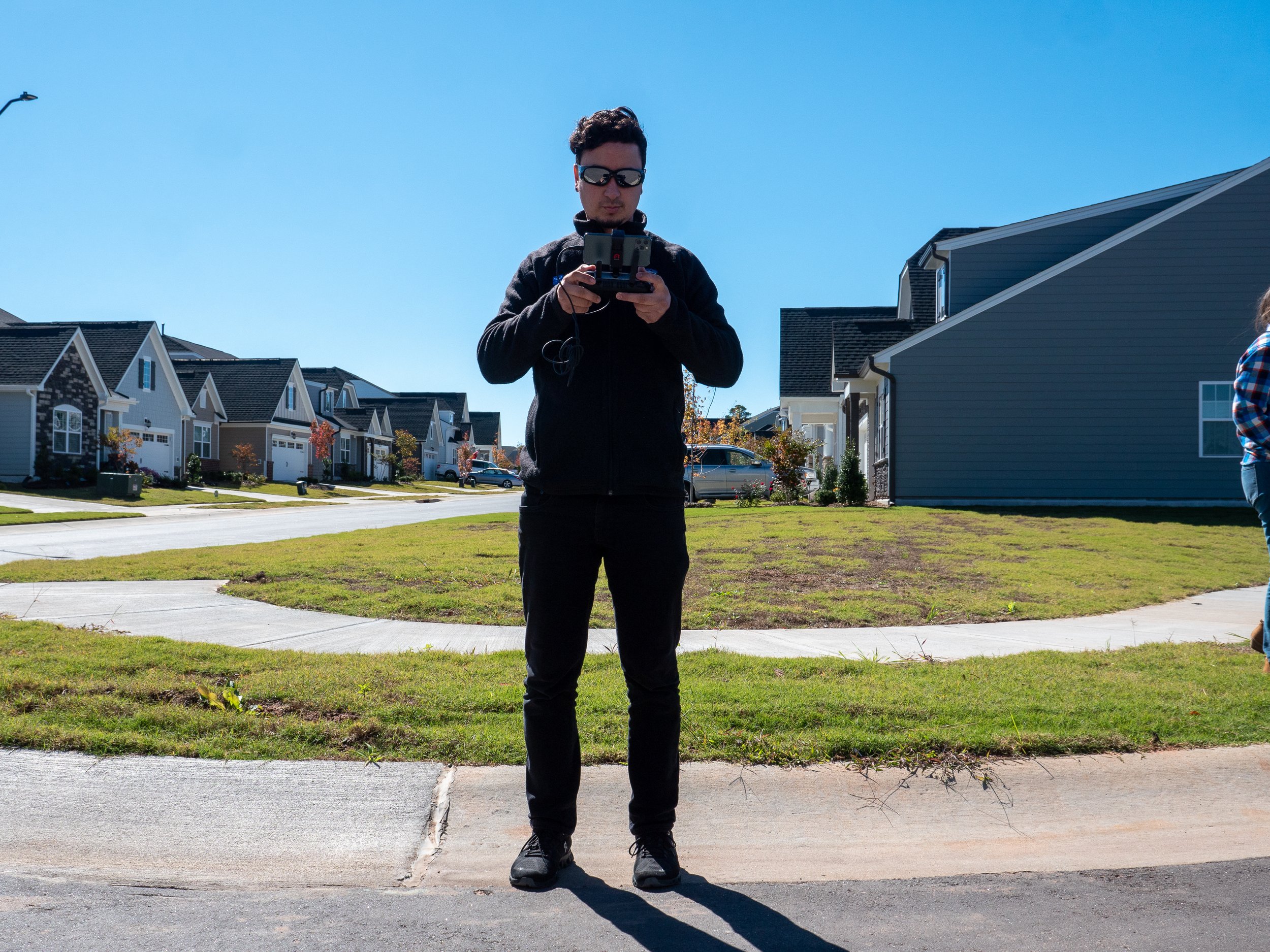
For drone protection plans, we recommend full replacement cost.
Since drones can be expensive to repair and it may not be worth it after a bad accident, replacing is often the best option. From a business operations perspective, we also recommend having an extra drone or two on hand so if one breaks in an accident, your surveyor can get back to work quickly while you handle the logistics of replacing the broken drone.
For liability coverage, we recommend at least $1 million in liability coverage for residential use cases and $2 million for commercial use cases.
That may seem like a lot, but the costs of damage could add up. For instance, crashing into a tree that then causes roof damage could require not only replacing the roof but also the costs of a tree surgeon, safety officials to re-verify the site, and the costs of housing your customers elsewhere while repairs are happening. Those customers could also choose to sue for additional damages, which could easily cost hundreds of thousands of dollars once you start getting lawyers involved.
Choosing your policy
When choosing your policy—both provider and coverage amount—consider the following factors:
1. Use case: Whether you’re flying residential or commercial sites and the typical value of the properties you’re surveying (e.g. sprawling luxury homes in Texas are different from small suburban bungalows in Delaware). Also keep in mind whether you’re an independent pilot or buying for a whole business, as insurance options are different in each situation.
2. Worst-case scenario planning: Let’s say the worst happens—for instance, you crash your drone into a tree, which then causes a branch to fall on the roof and your customer’s car, badly damaging both. How much would that cost for a typical customer of yours?
3. Risk tolerance and cash on hand: How much risk are you willing to take on and how big of damages are you willing to pay for out of pocket?
4. Budget: How much are you willing (or able) to pay for insurance?
The first two factors help identify the ideal insurance policy for your needs. The second two factors help you narrow down the policy you will actually buy.
Breathe easy and scale your business
Insurance is a peace of mind investment. While the reality is accidents happen, good insurance means you’re covered and your customers are protected from the financial downsides. And while a general liability policy might cover you, drone-specific policy providers will have the expertise to know what’s “normal” in a drone accident and likely be able to provide more assistance.
Once you have insurance in place, you don’t need to think about it much. It’s one of those things that you need in your business but otherwise can ignore while you focus on what matters: serving your customers.

